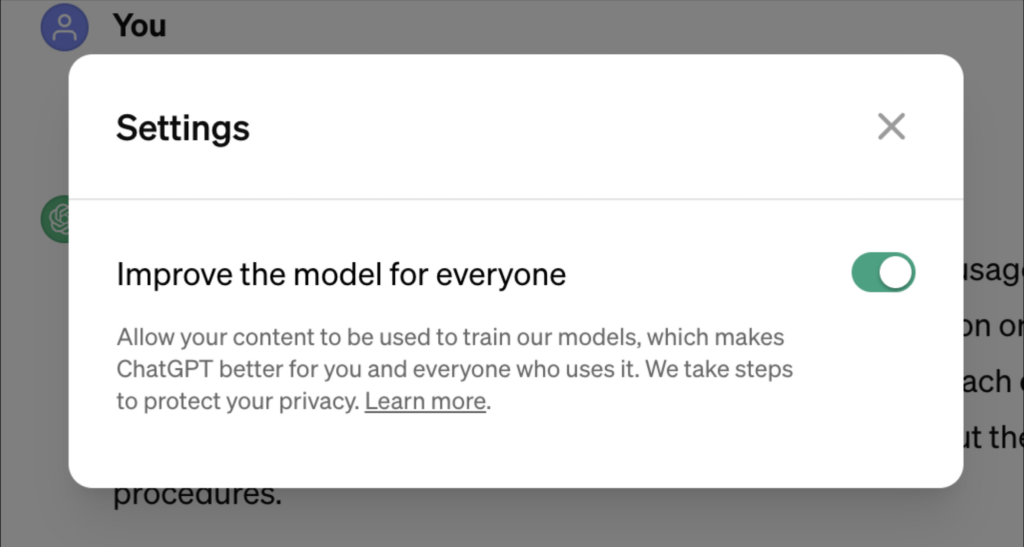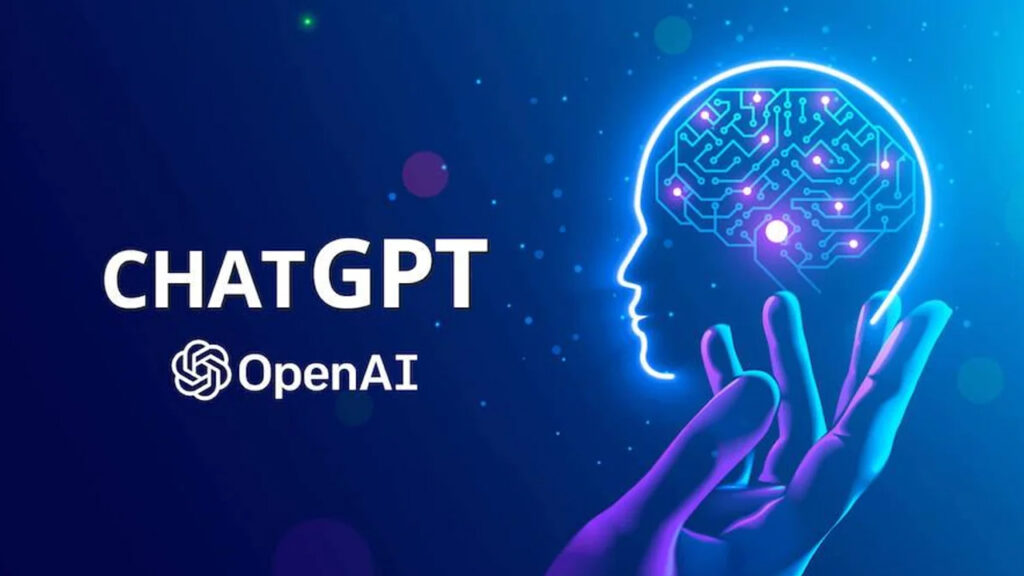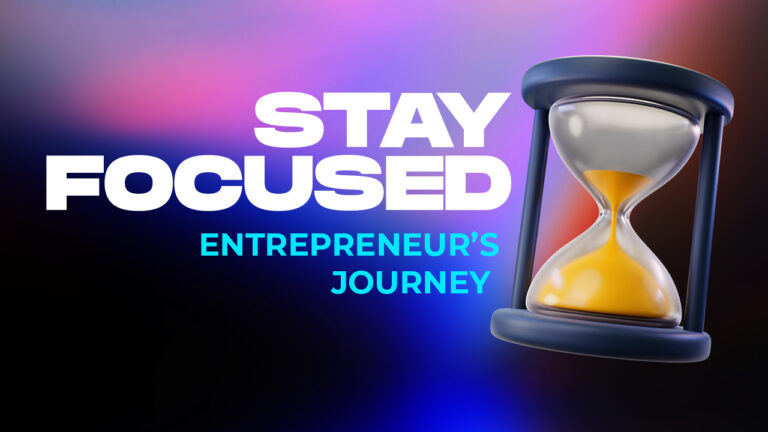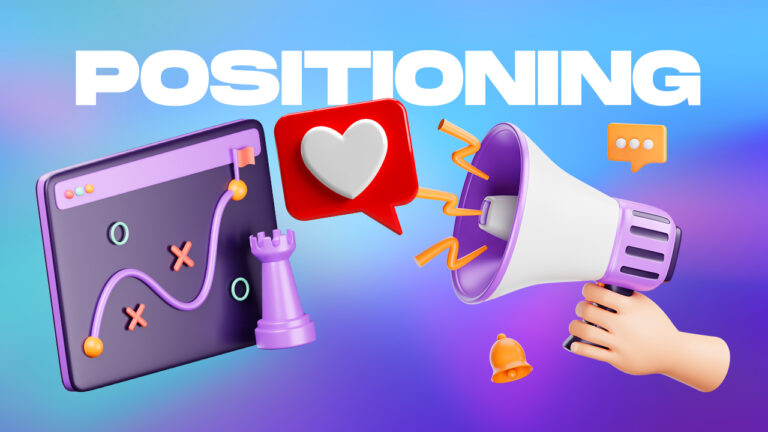OpenAI just made a major announcement: starting Monday April 1st, users can now access ChatGPT without the need to create an account. Previously, signing up for a free account was a prerequisite, but now, you can dive straight into using ChatGPT by simply navigating to the site.
OpenAI’s mission to democratize AI tools is at the core of this decision. By removing the barrier to entry, more people can experience the benefits of AI firsthand. However, using ChatGPT without an account does come with a few limitations. Without an account, you won’t be able to save or review your chat history, share responses, use custom instructions, or engage in voice conversations.
But fear not, there’s still an option to prevent your conversations from being used to train the model. Users without an account can do this by toggling off an option in their Settings menu. It’s a tiny button in the bottom right corner, resembling a question mark. The toggle, labeled “Improve the model for everyone,” is on by default, meaning OpenAI uses your activity to train its model. If you’re using ChatGPT for work, it’s advisable to switch this option off.

While the decision to forego free data from users who opt not to share their chat history may seem curious, OpenAI’s GPT models have already amassed vast amounts of training data from the internet. As competition in the AI landscape intensifies with the emergence of rival models like Google’s Gemini, Anthropic’s Claude, and Microsoft’s Copilot (which utilizes OpenAI’s GPT-4 model), the move appears to be aimed at securing mass adoption. This is particularly evident as Google’s SGE (AI-powered search results) enters its testing phase, potentially disrupting traditional search engines. (Photo Credit: Jake Peterson)
However, with mass adoption comes great responsibility. OpenAI has implemented additional safeguards in the version of ChatGPT without account signup. The AI chatbot now blocks “prompts and generations in a wider range of categories,” aiming to prevent misuse. While OpenAI acknowledges the potential for misuse, the exact methods for detecting and stopping such misuse by users who aren’t logged in remain unclear.

Now that ChatGPT is more accessible than ever, we’re eager to see if OpenAI’s safeguards prove sufficient. Exciting times lie ahead!






